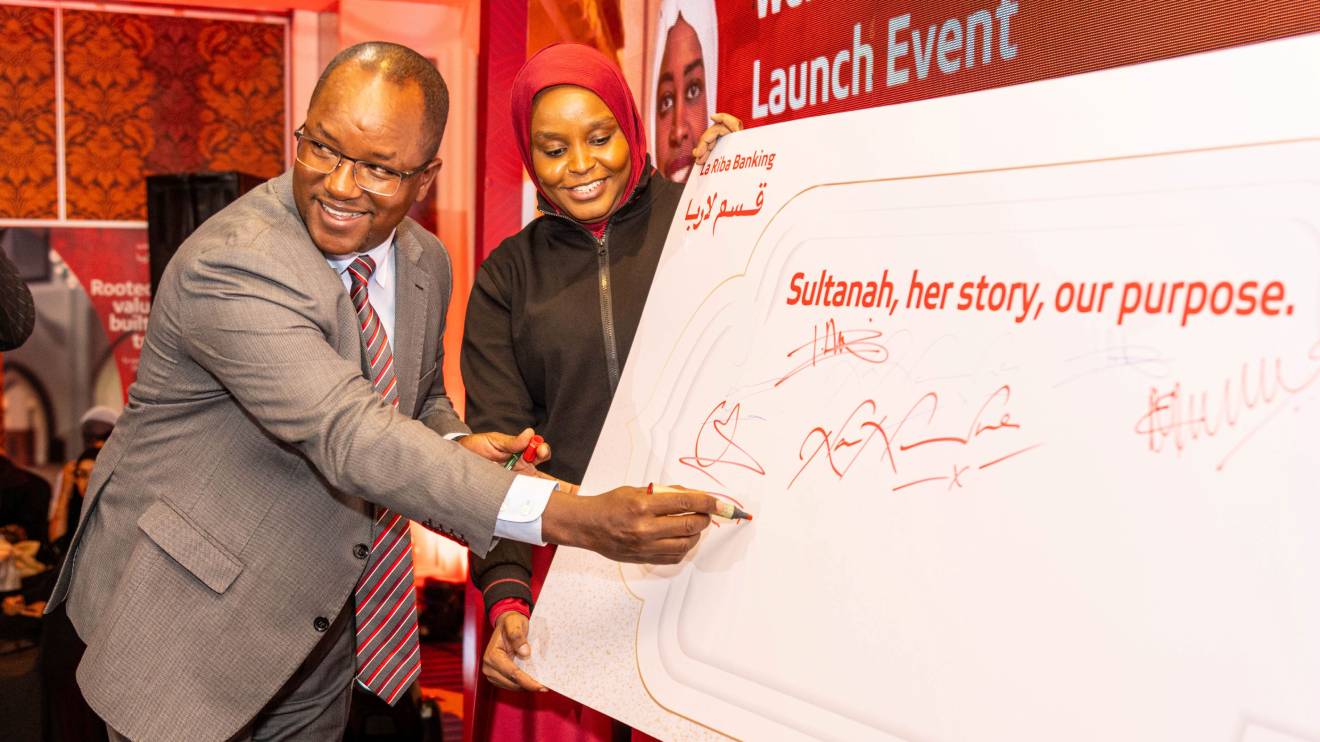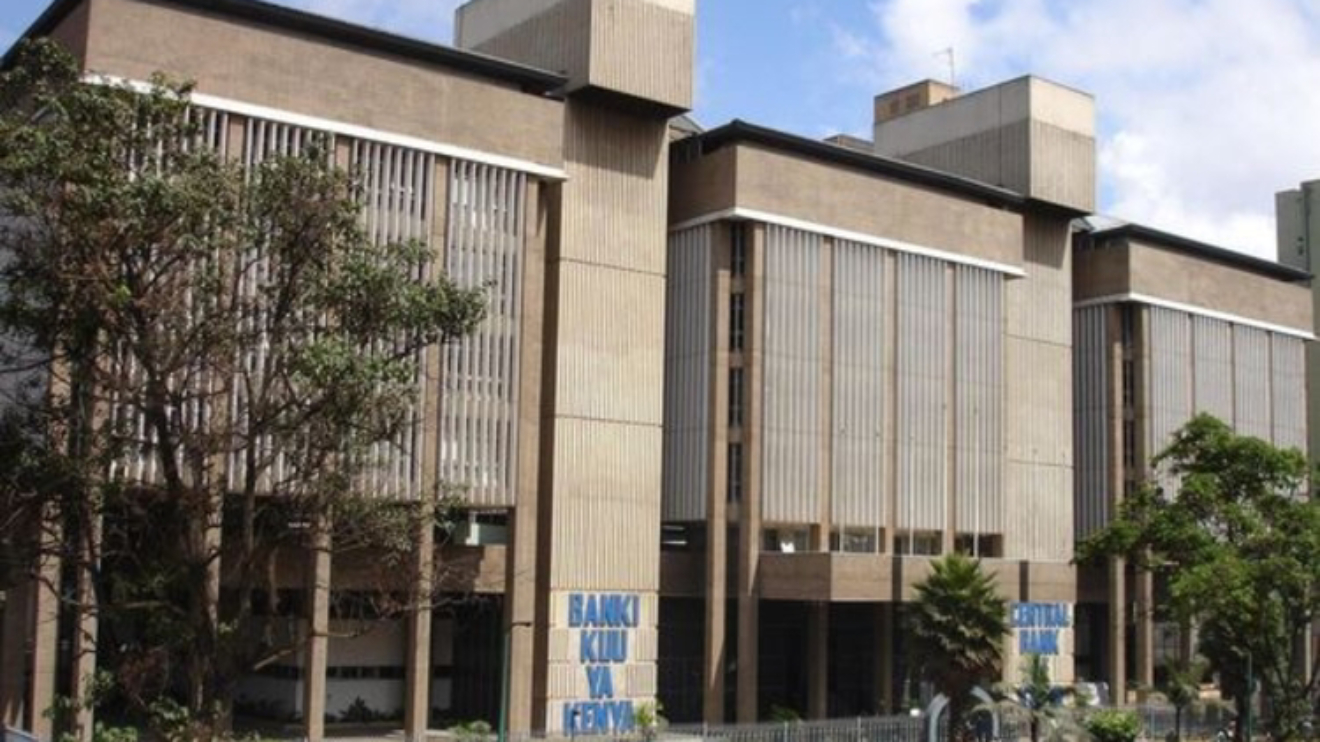Absa Bank Kenya has unveiled La Riba Sultanah, the country’s first Shariah-compliant women’s account, positioning it as a tool to strengthen financial independence and support business growth among women entrepreneurs.
The account, presented during the 2025 Absa Annual Islamic Conference in Nairobi, is part of the bank’s wider strategy to expand financial inclusion through Islamic banking.
Absa said La Riba Sultanah will allow women to manage their money in line with their faith, while also offering access to tailored business financing, mentorship, networking opportunities and market linkages through business clubs and partner events.
Explaining the rationale behind the launch, Absa Bank Kenya’s Chief Finance Officer, Yusuf Omari, said the bank wanted to create an option that merges ethics with empowerment.
“La Riba Sultanah is designed to empower women without compromising their values. It reflects our continued efforts to support all segments of the economy by providing inclusive, ethical, and innovative financial solutions that enable our customers to thrive,” Omari stated.
Read More
Omari also spoke about the historical barriers that women have faced in accessing finance, noting that many have been left out of mainstream banking due to the lack of products designed specifically for them.
“We are making deliberate efforts towards serving women who have historically been excluded from the financial ecosystem and active economic participation due to a lack of tailored financial solutions," Omari added.
"Through Sultanah, we are bridging this gap by providing them with the right tools for financial management, savings, and investment that align with their faith, values, and ambitions.”
As part of the rollout, customers will also be able to access a Shariah-compliant credit card.
The card has been structured to go beyond basic banking functions, offering cashbacks, shopping discounts, complimentary health check-ups at partner clinics, and even educational and career advancement programmes, providing a holistic financial and lifestyle package.
The launch coincided with the two-day Islamic finance conference, which gathered scholars, policy makers and industry leaders to debate regulatory frameworks around Islamic banking.
One major outcome of the gathering was the creation of the Association of Shariah Compliant Services Providers of Kenya, a body that will champion advocacy, policy influence and research while also promoting wider understanding of Islamic finance.
Absa is no stranger to the sector. Nearly twenty years ago, it became the first Kenyan bank to offer Islamic banking services.
Its La Riba suite of products is structured around Murabaha, a principle that prohibits interest-based transactions, with guidance from an independent Shariah Board to ensure adherence to Islamic financial standards.
While primarily built to serve the Muslim community, Absa said La Riba banking is also available to non-Muslims seeking financial products consistent with ethical and faith-based principles.
In July, the bank had rolled out La Riba Timiza, the country’s first fully mobile Shariah-compliant platform, together with the Absa La Riba Card.
With La Riba Sultanah, Absa appears intent on reinforcing its position as a pioneer in Islamic banking while carving out a dedicated space for women entrepreneurs in Kenya’s growing financial landscape.







